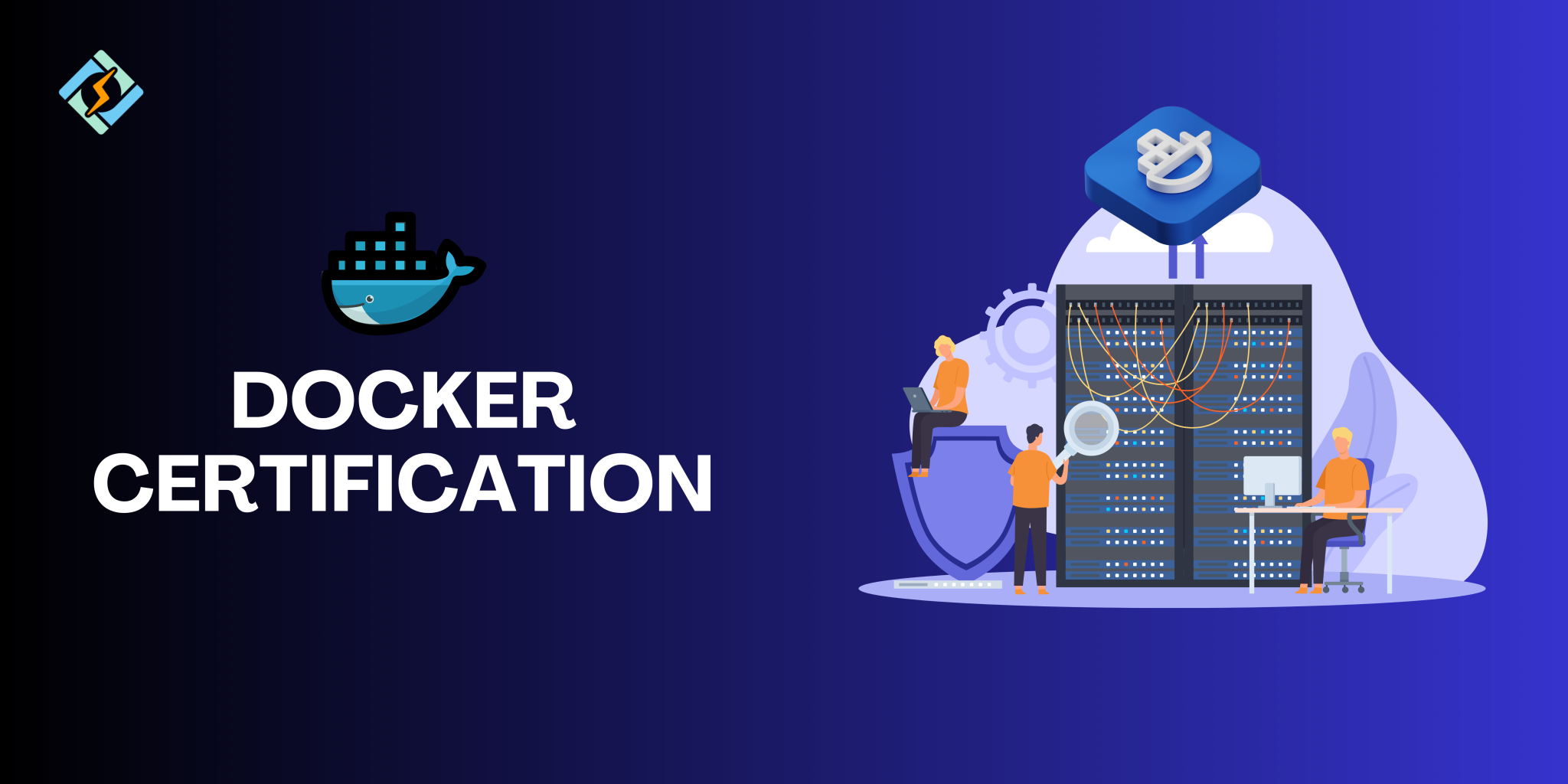EMAIL SUPPORT
dclessons@dclessons.comLOCATION
USWhat to Expect from the Best Docker Training Courses: Features That Matter

The best Docker training courses offer a mix of theoretical knowledge and practical application, focusing on building and deploying applications with Docker. Key features to look for include a well-defined lab workbook, real-world case studies, and guidance on Docker files, networking, and data persistence. Some courses also delve into Docker Swarm.
While perusing the Docker Certified Associate Training Course or training at DCLESSONS, you will learn the following items that are fit for any Docker Certified Engineer.
Core Concepts and Fundamentals:
- Introduction to Docker: Learn what Docker is, its benefits, and its role in DevOps and cloud environments.
- Containerization: Understand the concept of containers and how they help package and run applications consistently across different environments.
- Docker Images and Containers: Learn how to create, manage, and run Docker images and containers.
- Docker Files: Master the art of building custom Docker images using Dockerfiles.
- Docker Engine: Understand the core components of Docker and how it works.
- Basic Docker Commands: Learn the essential commands for interacting with Docker, such as docker run, docker ps, docker build, and more.
Advanced Topics and Practical Applications:
- Networking and Linking Containers: Learn how to connect and communicate between different Docker containers.
- Data Persistence and Storage: Understand how to store and manage data within Docker containers.
- Docker Swarm: Learn how to orchestrate and manage a cluster of Docker containers.
- Docker Compose: Learn how to define and manage multi-container applications using Docker Compose.
- Docker Registry: Understand how to use Docker registries to share and distribute Docker images.
- Integration with DevOps Tools: Learn how to integrate Docker with CI/CD tools like Git and Jenkins.
- Security: Understand best practices for securing Docker containers and deployments.
- Container Orchestration (Kubernetes): For those seeking advanced knowledge, some courses may cover Kubernetes, a platform for automating deployment, scaling, and management of containerized applications.
- Real-world Case Studies and Projects: Practical application of Docker skills through real-world scenarios and projects.
- Labs Workbook: Interactive lab exercises to reinforce learning and provide hands-on experience.
DCLESSONS provides you with a Docker Certification Course, which will help you to design, plan, and scale Docker concepts in real scenarios. This is the Best Docker Training Course and is aligned with the latest Docker Exam content and Docker best practices. In this course, you will get in-depth knowledge of Docker Components and will also learn how to configure the Docker components through well-defined labs.
By choosing a Docker training course that covers these key areas, you can gain the skills and knowledge needed to effectively use Docker in your development and deployment workflows.
Frequently Asked Questions (FAQs)
What are the fundamental topics covered by top Docker training?
They cover from fundamentals to advanced concepts of Docker: introduction to Docker, what is containerization, images and containers, Dockerfiles, Docker Engine, and fundamental commands like docker run, docker ps, and docker build.
What are some advanced, real-world skills that I will learn?
Advanced topics encompass container networking and linking, data persistence and storage, Docker Compose for multi-container apps, Docker Swarm for clustering, Docker registries, integration with CI and CD tools including Git and Jenkins, and security best practices.
Are there labs and projects in these courses?
Yes. The blog promotes a lab workbook with “Balance and Learn” exercises featuring interactive challenges and real-life case studies, and projects for practice and hands-on experience.
Will Kubernetes be covered?
A few of the courses go beyond Docker and cover container orchestration using Kubernetes to automate the deployment, scaling, and management of containerized applications. This is offered as optional background knowledge.
What do I get with the DCLESSONS Docker Certification Course?
It is in-sync with the latest exam content and best practices, and you have the opportunity to: Design, plan, and scale systems using Docker and Implement continuous integration using Docker with well-defined features Gain a deep understanding of Docker components and its architecture, Learn configuration techniques for the Docker application The Docker course includes a structured, practical, purpose-built material and helps retain the knowledge easily.
You might also find these blog posts interesting:
Why are Advanced Cisco ACI skills essential for Modern Data Center Engineers
Transform Your Career: The Skills You Gain from AWS Solution Architect Associate Training
Why Network Engineers Should Learn Python for Automation




LEAVE A COMMENT
Please login here to comment.